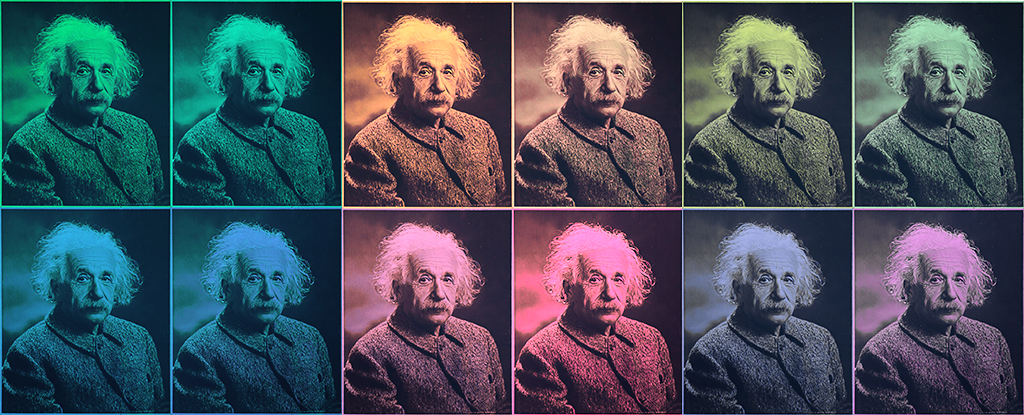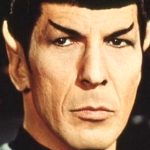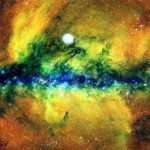
Jeff Bezos recently articulated his vision during an interview with Lex Fridman, envisioning a future where a trillion humans inhabit our Solar System.
“I would love to see a trillion humans living in the Solar System. If we had a trillion humans, we would have, at any given time, 1,000 Mozarts and 1,000 Einsteins,” he said.
“The only way to get to that vision is with giant space stations. The planetary surfaces are just way too small.”
Envisioning a trillion individuals for a thousand Mozarts and a thousand Einsteins seems like a worthwhile prospect, all things considered.
Embracing Bezos’ notion of two thousand geniuses per trillion, it’s crucial to acknowledge the potential downside: the existence of serial killers.
In 2018, the most recent year for which we have data on active serial killers, as compiled by professors at Radford and Florida Gulf Coast University, there were 12 active serial killers in the US. With a population of 326.8 million that year, this translates to approximately 1 in every 27 million people being a serial killer. (To put it in perspective, your odds of being a serial killer are still higher than winning the Powerball).
The researchers’ findings indicate a consistent decrease in the number of serial killers. This decline is attributed to the advancements in sophisticated surveillance technology since the peak of active serial killers in the late 1980s.
If humanity were to exploit the asteroid belt and construct thousands of O’Neill space stations to reach a population of 1 trillion, assuming Jeff Bezos is involved, likely, surveillance technology would likely still be in place. Extrapolating from the 2018 data, with a trillion humans, we might anticipate around 37,000 active serial killers in the observable universe. (As for serial killers in the unknown Universe, that remains a challenge for alien Jeff Bezos.)
To put it differently, if we consider Mozart and Einstein to have a prevalence rate of one out of every billion, for every Mozart and Einstein born into existence, you would also expect about 37 serial killers.
However, there’s also a more concerning scenario: a “genius” in the realm of serial killing.
Now, considering the 2018 data on active serial killers and applying Bezos’ “one Einstein per 1 billion people” guideline, let’s assume that being a serial killer and being Einstein are unrelated phenomena. In other words, being a serial killer does not increase or decrease the likelihood of being an Einstein, and vice versa.
Calculating the odds based on the prevalence rates, we arrive at a probability of someone being an active Einsteinian serial killer. In other words, someone possessing such brilliance in serial killing that it profoundly shifts our understanding of it – with odds estimated at 1 in 27 quintillion.
Although this might appear reassuringly improbable, bear in mind the denominator effect. In large populations, even unlikely occurrences become more probable.
If Bezos’ vision of a vast human civilization begins with 1 trillion people and undergoes a 2.2% population growth rate (similar to what was observed in 1963 during the peak of the Green Revolution), you would reach 27 quintillion humans in approximately 800 years.
Regrettably, there is presently no method to calculate the probability of traumatized yet resolute FBI agents—picture Clarice Starling in moon boots—within that hypothetical population. Maybe Bezos can address that in the future.
This article was initially released on Business Insider.





